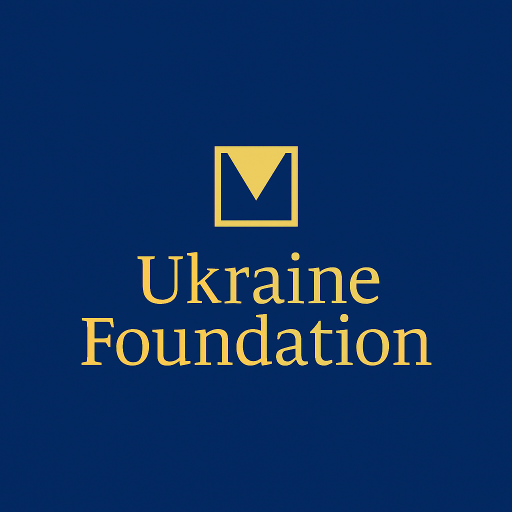Ukraine Foundation
Inspiring Change, Driving Impact
A Full-Circle Policy Approach From Insight to Impact
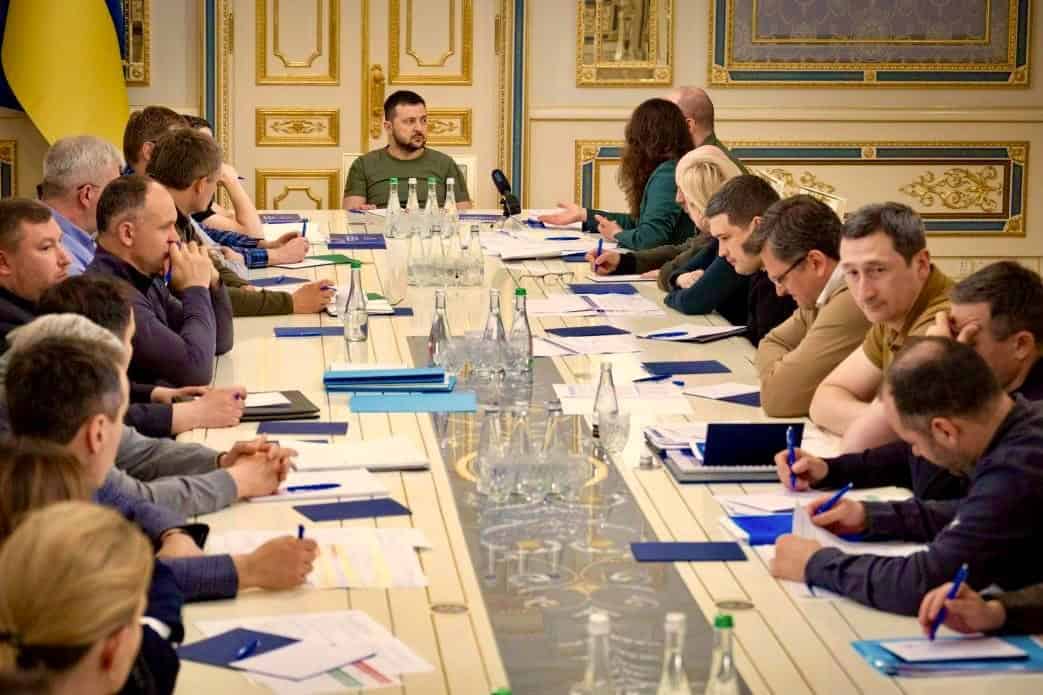
Ukraine Foundation pursues a structured and responsive method of policy development rooted in democratic accountability, strategic foresight, and social relevance. This approach unfolds in three key phases.

Policy Assessment
The process begins with a comprehensive evaluation of the policy environment. This includes assessing the expression of needs from stakeholders -whether governmental, civil society, or grassroots actors- followed by a review of relevant historical precedents to contextualize the issue. A situational assessment is conducted to understand current geopolitical, economic, and security dynamics. Simultaneously, media coverage is analyzed to gauge framing and visibility of the issue, and public opinion is assessed to ensure the policy reflects societal values and concerns.
Policy Development
Based on this foundation, the Foundation develops strategic frameworks to guide action. This includes the formulation of specific policy measures aimed at addressing the core needs and challenges identified. Parallel to this, message development ensures that the rationale and goals of the policy are communicated effectively to both domestic and international audiences, fostering transparency and public trust.
Impact Assessment
After implementation, the Foundation evaluates the real-world delivery and efficacy of the policy. This includes assessing how well the policy has been enacted (policy delivery assessment), its effects on electoral dynamics or public trust in democratic institutions (electoral impact assessment), and issuing eventual adjustments (adjusment recommendations) to refine or recalibrate the policy based on observed outcomes and feedback.
This method allows Ukraine Foundation to produce informed, adaptable, and democratically grounded policies that meet urgent needs while anticipating long-term impact.
We Are Team UA: Voices of Impact
Our Policy and Research Fellowship Team brings together 20 outstanding individuals: 2 Distinguished Senior Fellows, 7 Senior Fellows, 2 Special Fellows, 4 Fellows, and 5 Associate Fellows. This powerhouse of expertise is building one of the most dynamic and impactful policy research communities focused on Ukraine today. To learn more about each of them, click on his or her image.

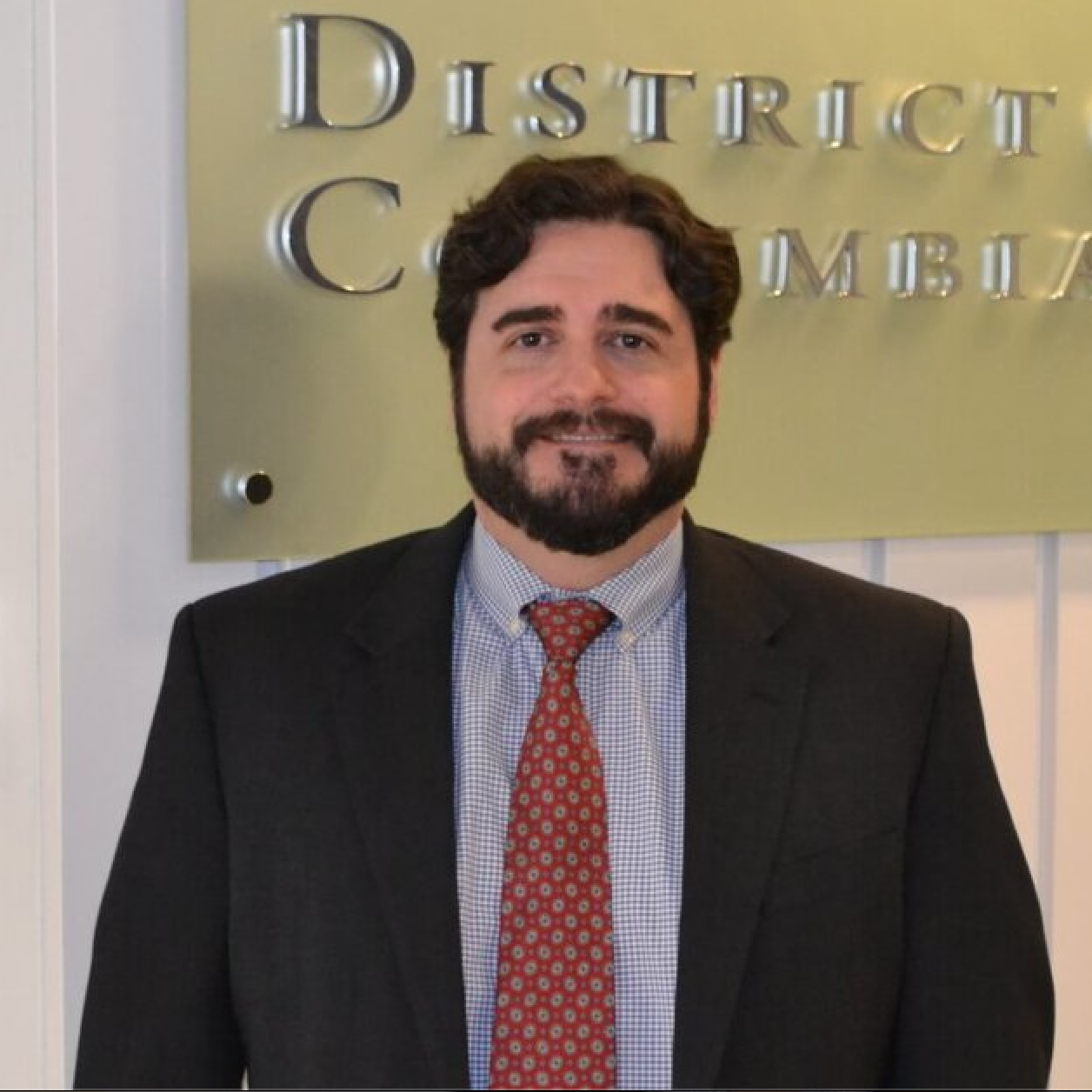

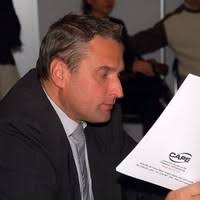
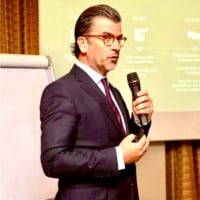



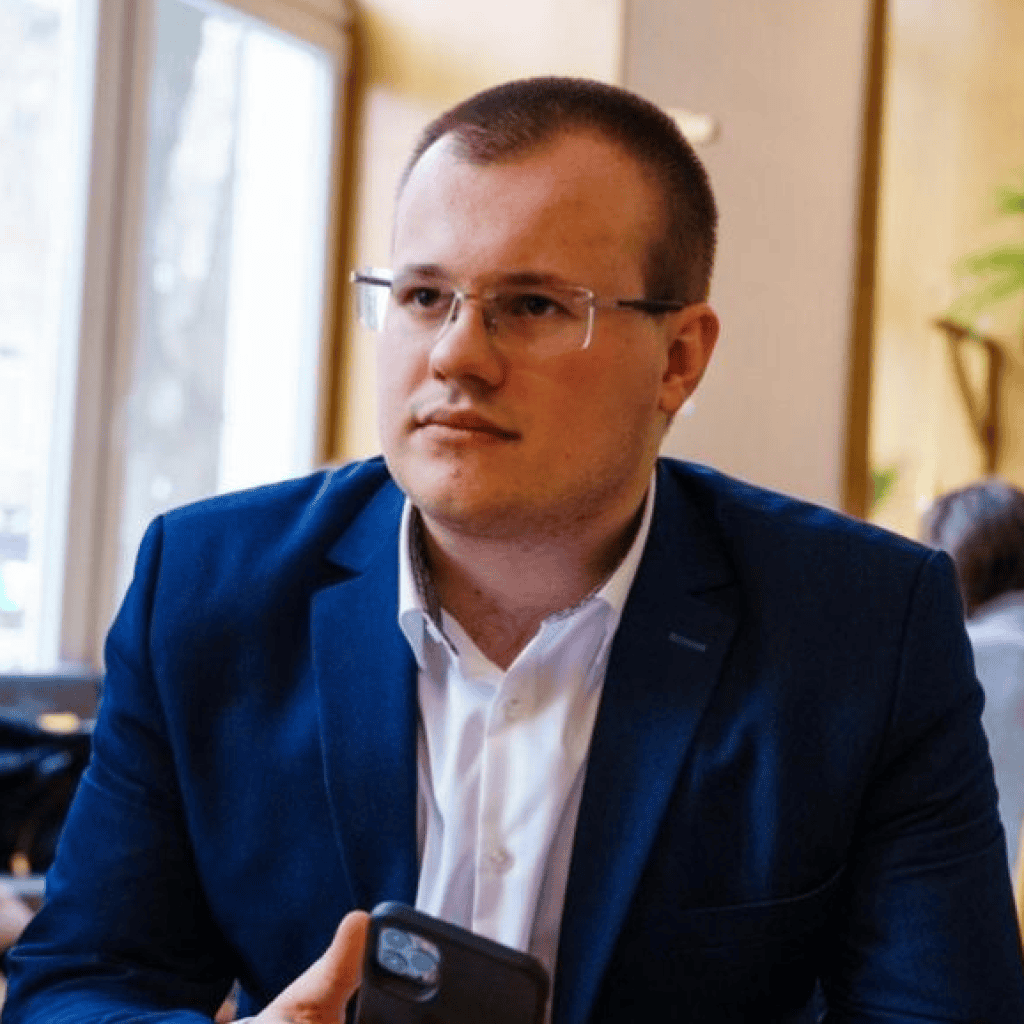
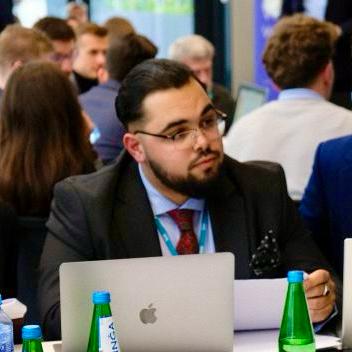
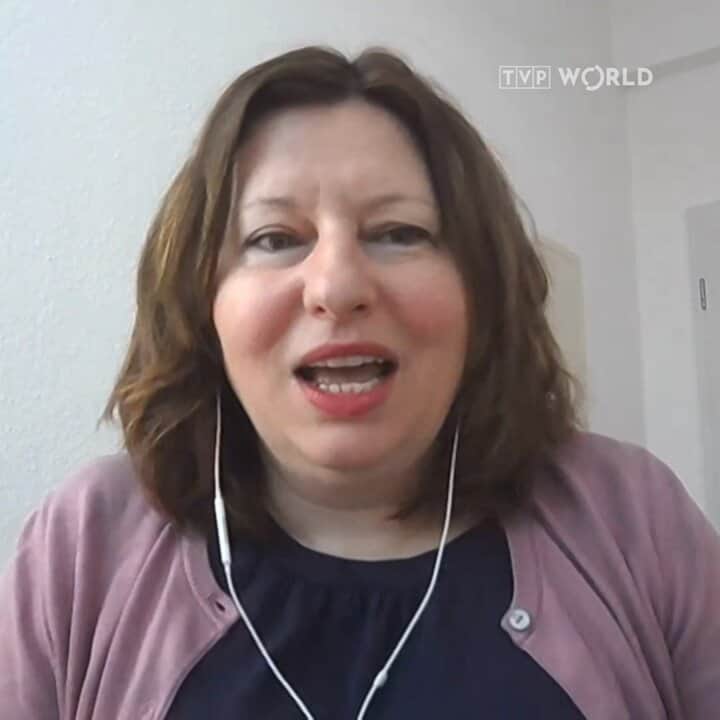
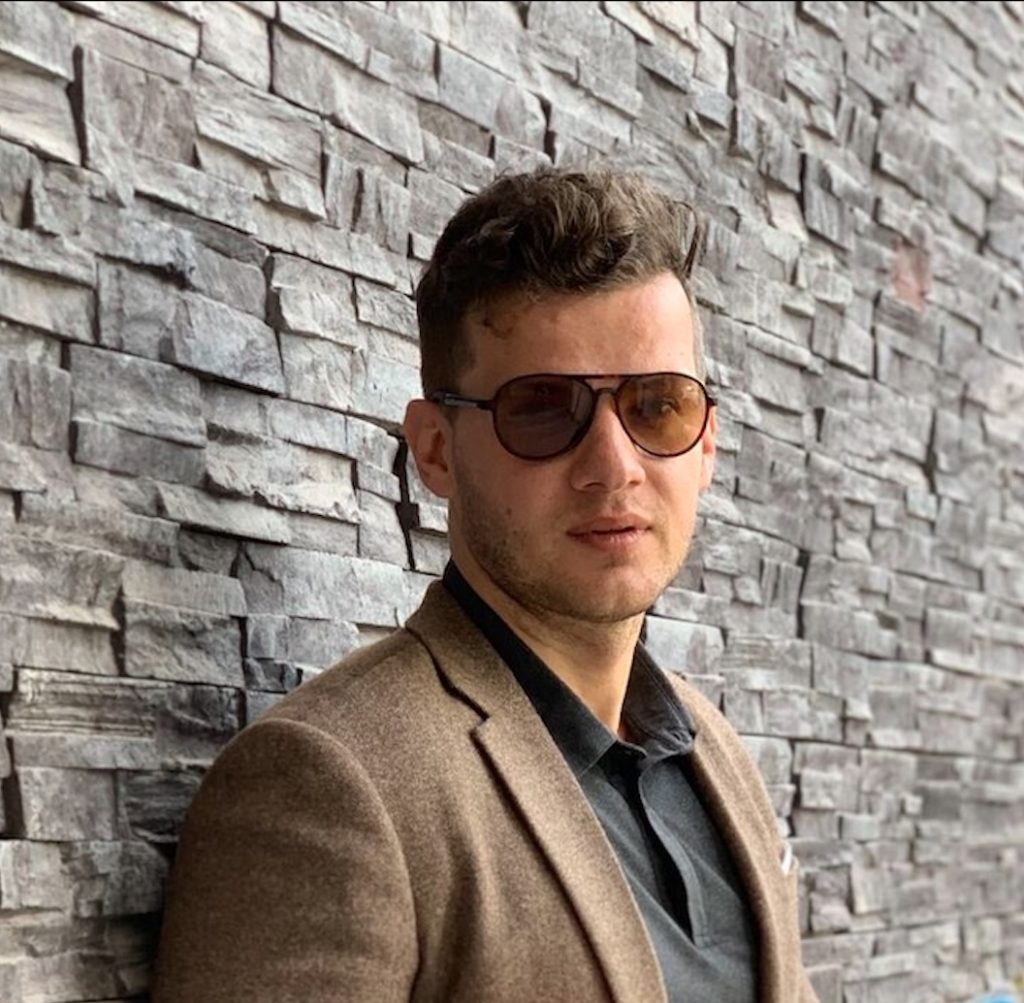


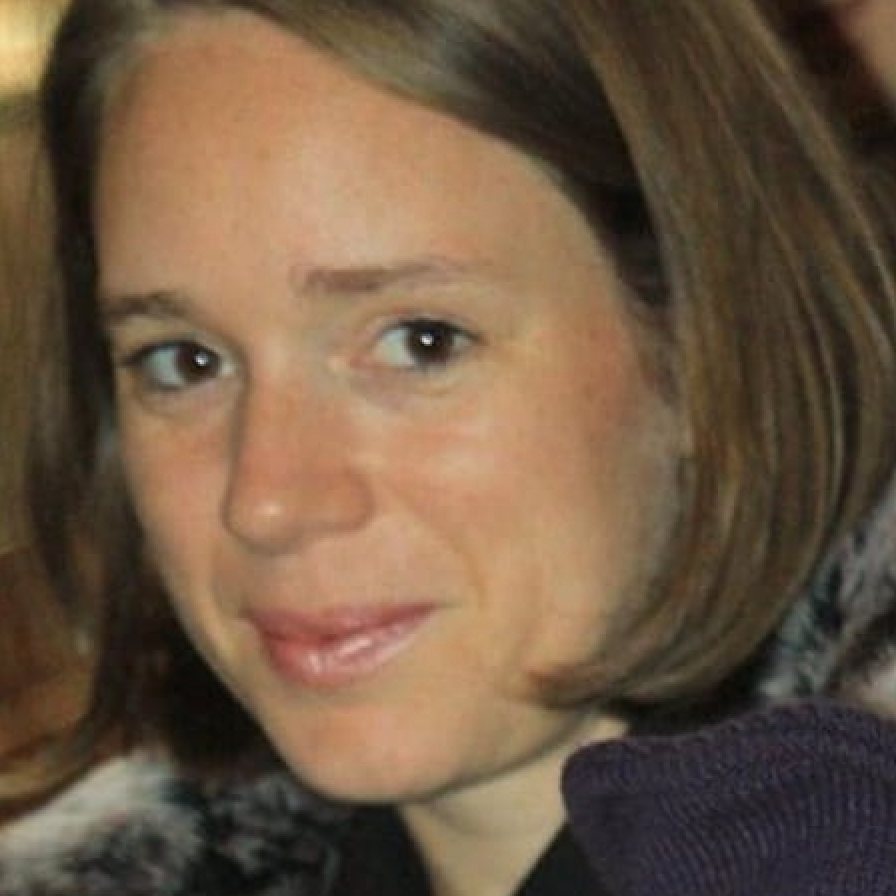
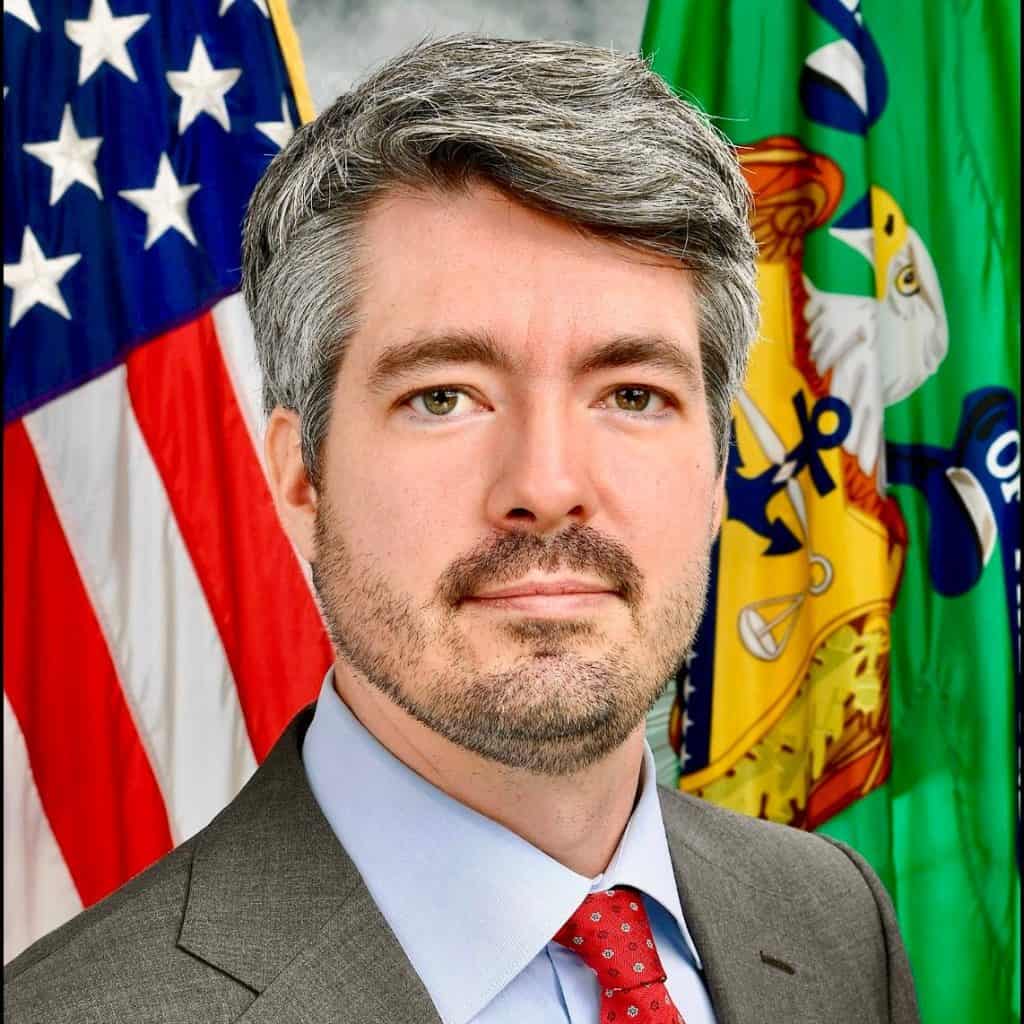

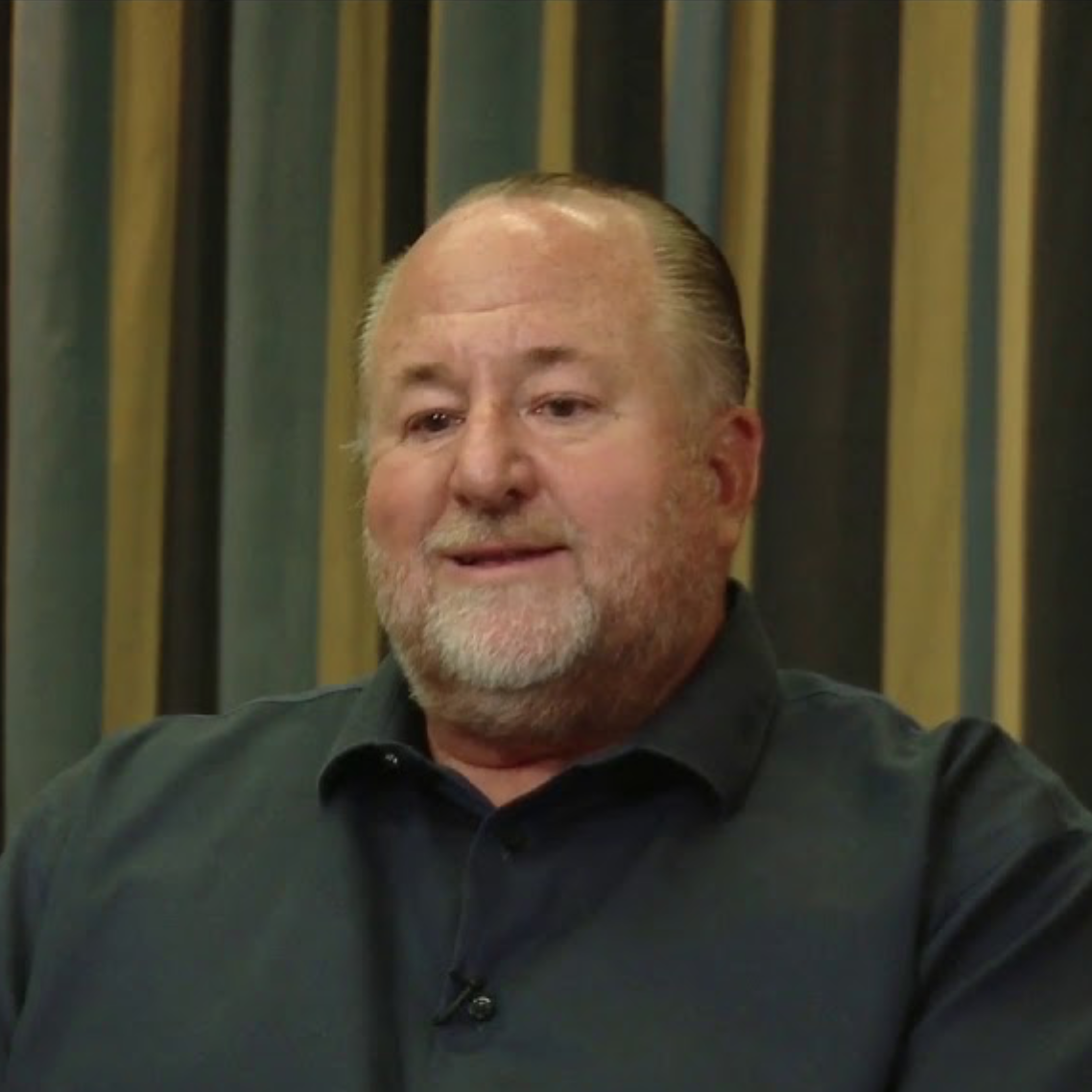
Our Fellows and our team hail from the world’s most prestigious universities — Oxford, Cambridge, Harvard, Yale, Stanford, Princeton, Berkeley, LSE, UCL and King’s College — and bring a wealth of experience from the front lines of government, international financial institutions, diplomacy, defence, intelligence, think tanks, and academia.
Their analysis and commentaries have been featured on CNN, BBC, Al Jazeera, Fox News, Bloomberg, Reuters, Financial Times, The New York Times, The Washington Post, The Guardian, Politico, the Kyiv Post, Ukrainska Pravda, and on all major Ukrainian television channels.
Their research have been published in peer-reviewed publications including Foreign Affairs, Foreign Policy, Harvard International Review, The National Interest, European Economic Review, Bulletin of the Atomic Scientists, Journal of Strategic Studies, International Institute for Strategic Studies’ Survival, Journal of Conflict Resolution, and World Politics Review.
Together, they form a brain trust capable of shaping the next generation of policy solutions.
Princeton University & Modern War Institute At West Point: Dr. Mariya Heletiy Publishes “The Balkans Model and Conditions for Peace in Ukraine” In the Irregular Warfare Initiative
We are proud to share the latest contribution from Dr. Mariya Heletyi, whose new article has been published by the Irregular Warfare Initiative, a joint project of Princeton University’s Empirical Studies of Conflict and the Modern War Institute at West Point.
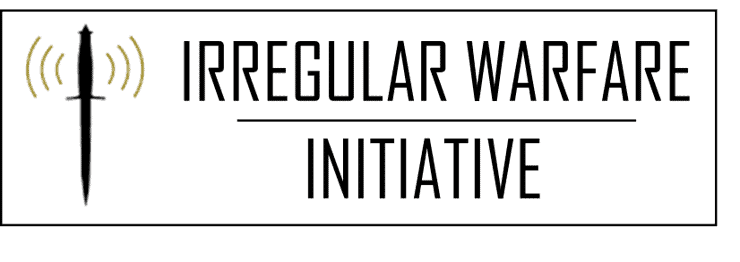
In “The Balkans Model and Conditions for Peace in Ukraine,” Dr. Heletiy draws on the experience of the Balkan conflicts to analyze the irregular warfare nature of Russia’s invasion of Ukraine—and what it means for peacebuilding. Her analysis offers a sobering but necessary perspective: that peace in Ukraine cannot be built on traditional negotiations alone.
Using the backdrop of Russia’s repeated violations of ceasefire agreements—most recently its broken “Easter truce”—Dr. Heletiy argues that today’s hybrid conflicts require more than diplomatic handshakes. The war in Ukraine spans far beyond the battlefield, touching diplomatic, informational, economic, humanitarian, and military fronts. As she points out, ceasefires in irregular conflicts often serve less as a path to peace and more as a pause for regrouping and rearming.
Drawing lessons from the Balkans, Dr. Heletiy proposes that irregular warfare tools—such as economic pressure, information campaigns, and unconventional tactics—must be part of any comprehensive strategy for sustainable peace. Her article warns against the false comfort of conventional approaches that do not account for the ideological drivers, asymmetries, and non-state actors that continue to shape today’s conflicts.
We encourage everyone interested in peace and security in Ukraine and beyond to read Dr. Heletiy’s full piece, which brings deep insight and strategic clarity to one of the most pressing issues of our time.
Geneva and Kyiv: On June 12, the Ukraine Foundation and the Professional Government Association of Ukraine successfully launched their joint Espresso Speaker Series with a presentation by William Dixon, who shared his latest research findings titled “Ukraine as the Cyber Spanish War.”
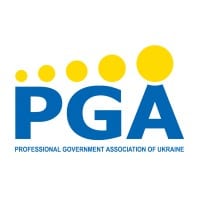
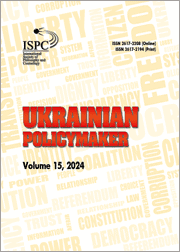
William Dixon serves as Ukraine Foundation’s Senior Fellow for Technology and Cybersecurity Affairs, and as a Senior Associate Fellow at the Royal United Services Institute (RUSI) -the world’s oldest defense and security think tank- where he specializes in cyber and international security issues.
He presented insights from his soon-to-be-published research in Ukrainian Policymaker, offering a compelling analysis of Ukraine’s role in the evolving global cyber landscape.
This was a timely conversation, as Ukraine’s advancements in cyber capabilities—including Unmanned Aerial Vehicles (UAV), Counter-Electronic Warfare (CEW), and Artificial Intelligence (AI)—coupled with strategic planning and strict operational security, have recently drawn the attention of global policymakers and defense strategists.
The discussion was moderated by Dr. Anna Mysyshyn, a global expert in AI ethics, cybersecurity, and digital governance, and founder of the Institute of Innovative Governance. Her thoughtful guidance sparked a lively exchange with our engaged audience.
About William Dixon
William Dixon began his career in the UK Intelligence Community, serving as an operational and strategic lead for various national security and cyber programs within Her Majesty’s Government Communications Headquarters (GCHQ). After leaving government service, he held the role of Head of Future Networks and Technology at the World Economic Forum. He also served as Global Head of Intelligence at Barclays. He is a published author and contributor to numerous publications and holds a Master’s degree in Intelligence and International Security from the War Studies Department at King’s College London.
About Dr. Anna Mysyshyn
Dr. Mysyshyn’s expertise has been sought by leading international institutions including the United Nations, UNDP, FCDO, U.S. Department of State, and the German Marshall Fund. She has played a pivotal role in shaping global regulatory frameworks and cybersecurity strategies. A recognized thought leader and policy advisor, Dr. Mysyshyn has lectured in over 20 countries. She holds a PhD in Law and three LL.M. degrees from prestigious Russell Group universities.
Looking Ahead
Our next Espresso Conversation will feature Dr. Mariya Heletiy, the Ukraine Foundation’s Non-Resident Senior Fellow for Peace Processes and Conflict Resolution, who will discuss: “Lessons Learned from the Balkans and Nagorno-Karabakh Conflicts for the Future of Ukraine.”
Geneva: Ukraine Foundation Hosted Yana Liubymova
On April 10th 2025, Ukraine Foundation hosted Yana Liubymova for a policy briefing and discussion on the challenges faced by internally displaced persons (IDPs) in Ukraine. Joining the broader Ukrainian delegation, our keynote speaker engaged in a Q&A session with the audience following her remarks.
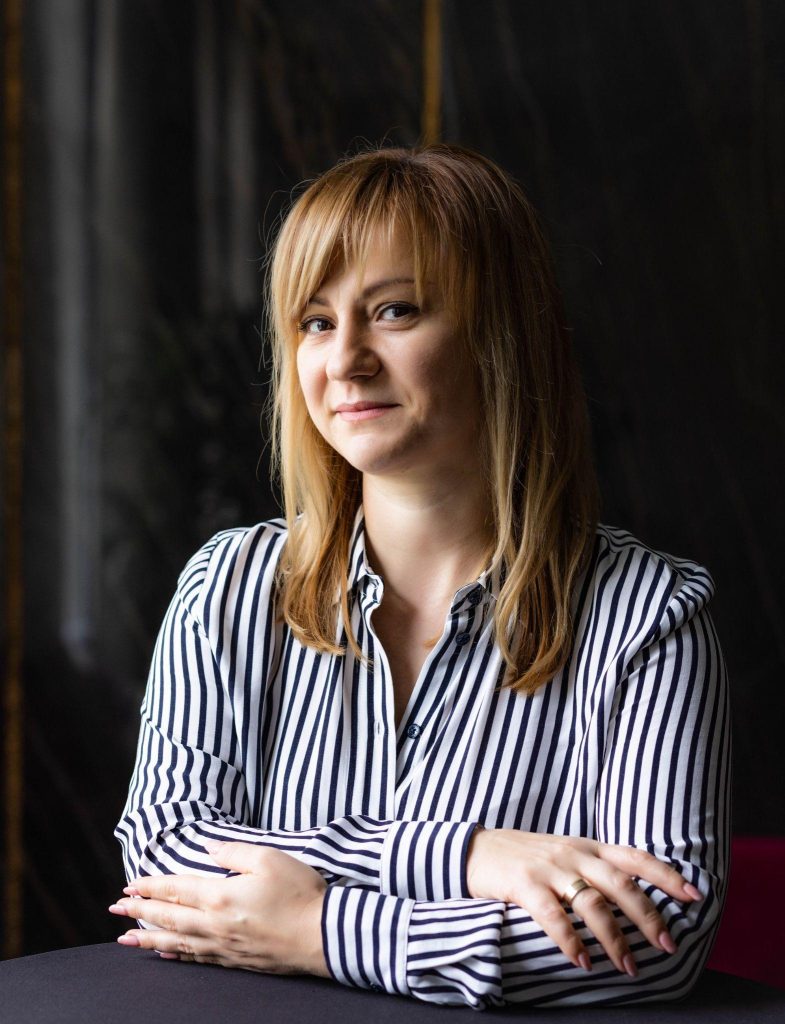
Yana Liubymova is a member of the international advisory group of the Office of the Special Adviser to the UN Secretary-General on Solutions to Internal Displacement. She is a member of the Board of Displaced International (DI) and an internally displaced leader in Ukraine. She is also a member of the Expert Council of the International Renaissance Foundation, a Resilience Consultant for UNICEF, and a member of the Association of Government Professionals. These major roles build on her extensive expertise and experience in social and humanitarian policy formulation and implementation gained through her work with both international organizations and Ukrainian government institutions.
She has served as the Deputy Head of the Secretariat of the Parliament Commissioner for Human Rights of Ukraine and as an Adviser to the Head of the Luhansk Regional Military Administration. Currently, she leads the Council on Internally Displaced Persons (IDPs) under the Luhansk Regional Civil-Military Administration. Despite having been displaced twice in Ukraine, Yana Liubymova has refused to leave her beautiful homeland, staying back to serve internally displaced communities.
She holds a Master of Law from the East Ukrainian National University and a Master of Engineering and Pedagogy from the Ukrainian Engineering and Pedagogical Academy. She speaks English, Russian, and Ukrainian.
This event was organized in association with the Professional Government Association of Ukraine.
Join Us
The Board brings together former diplomats, policymakers, economists, security experts, and business leaders dedicated to supporting Ukraine’s global policy agenda.
Be part of shaping Ukraine’s strategic direction in a rapidly changing world. The Board welcomes collaboration with governments, institutions, and experts worldwide. Contact us:
By phone: +1-202 966 7200
By email: policy@ukrainefoundation.ch
